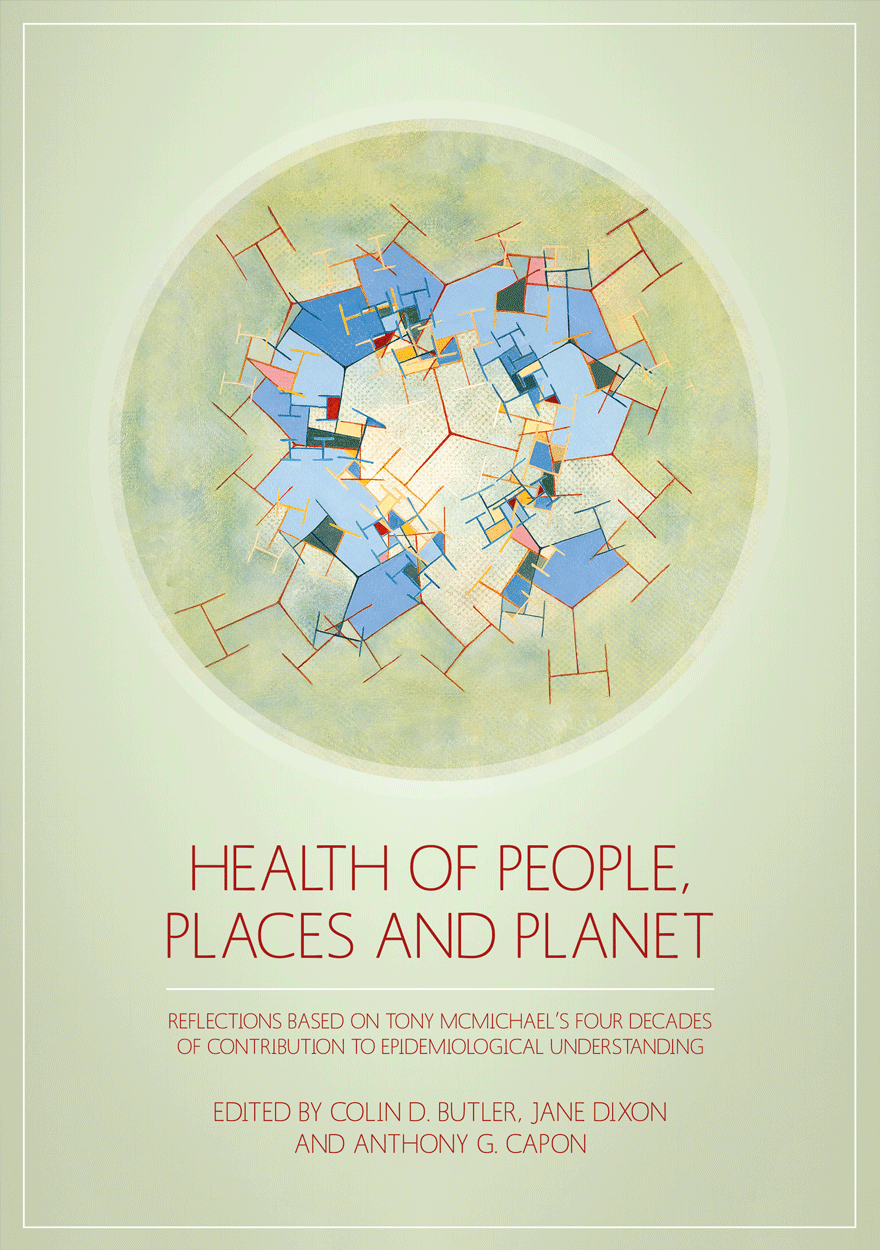Colin D. Butler
Professor Colin Butler is based at the University of Canberra, and is also a Visiting Fellow at NCEPH at the ANU. In 1989, he and his late wife, Susan co-founded BODHI (Benevolent Organisation for Development, Health & Insight). In 2014, he co-founded Health-Earth (www.canberra.edu.au/centres/ceraph/H-earth). Colin has published widely, including on health, sustainability, justice, conflict and engaged Buddhism. He was a co-ordinating lead author for the Millennium Ecosystem Assessment. In 2009, he was named one of ‘100 doctors for the planet’ by the French Environmental Health Association. Butler edited Climate Change and Global Health (CABI, 2014). His collaboration with Tony McMichael started in 1993.




